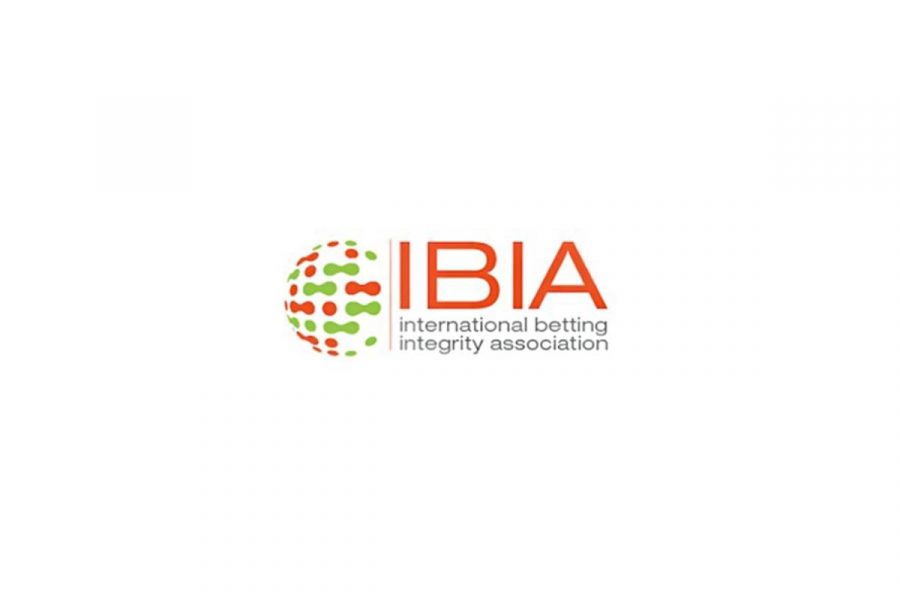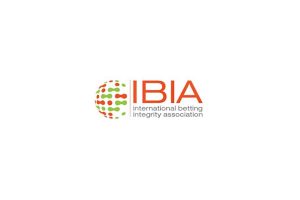IBIA and H2 Gambling Capital produce world-first study of gaming markets

The International Betting Integrity Association and H2 Gambling Capital say their major new report provides a “never seen-before-insight” into the gambling sector around the globe.
Belgium.- The International Betting Integrity Association (IBIA) and the data analysts H2 Gambling Capital have teamed up to produce a major report on gambling regulation in 20 jurisdictions around the world.
The “first-of-its-kind study” uses data from regulated betting operators to analyse the strengths and weaknesses of each jurisdiction’s licensing regime across five areas: regulation, tax, product, integrity and advertising.
Titled An Optimum Betting Market, the report studied gambling regulation in Great Britain, Malta, Denmark, Sweden, Spain, Italy, the Netherlands, Colombia, Germany, France, Poland, Kenya, Mexico, Australia, Argentina, Canada, India and in the US states of Nevada and New Jersey.
The data used was taken from betting operators that represent close to 50 per cent of all commercial online betting globally, making the report the most comprehensive yet.
IBIA chief executive Khalid Ali said: “The study and its contents can rightly be justified as unprecedented. H2 has conducted a detailed examination of product data covering $137bn (€112bn) in turnover, along with its own market data.
“The result is a report that provides a never-seen-before insight into global consumer demand, integrity risks and regulatory practices. In doing so, it reveals the core facets of a successful regulatory framework for betting.
“IBIA hopes that these evidenced-based findings will assist the important ongoing global betting and integrity debate.”
The European trade associations the Betting and Gaming Council (BGC) in the UK, Branscheforenigen för Onlinespel (BOS) in Sweden, Jdigital in Spain, NOGA in the Netherlands, and The European Gaming and Betting Association (EGBA) were involved in the report.
The ten pillars of an optimum betting market
David Henwood, director of H2, said the report helps to identify the various factors that form a strong regulatory regime. Based on the data, the report sets out “ten pillars of an optimum betting market”.
They include allowing both land-based and online betting, unlimited or “market maximising” licence numbers, licence fees that are reflective of regulatory costs, “robust but practical” player protection measures and a betting tax at around 15-20 per cent of gross gaming revenue.
The report concluded that there needed to be a wide product offering of channels and betting markets, strong integrity protocols in place, “balanced” advertising rules and no “overly burdensome” additional taxes.
Henwood said: “Our assessment of the various regulatory models in operation around the world has determined the key factors that are most likely to generate a successful well-regulated betting market: unlimited licensing, competitive GGR tax, wide product offering, integrity provisions and balanced advertising parameters.
“That position and our betting product and integrity evaluation is based on the most extensive and detailed collection of market data that has ever been assembled. The report’s findings are therefore unique and illuminating.”
The global betting market
The report forecasts that global betting turnover will reach $767bn by 2025 and that revenue will reach $106bn. It found that online betting overtook land-based for the first time in 2020. H2 expects that to now remain the case despite the reopening of land-based venues following the Covid-19 pandemic.
IBIA reports slight increase in betting integrity alerts
The IBIA reported 64 suspicious betting events to authorities in the first quarter of 2021.
The number is a slight increase from the 61 events reported in the same quarter last year, but down from the 68 alerts in the final quarter of 2020.
Tennis remained the source of the majority of the alerts, accounting for 18 betting integrity alerts in the quarter. Six of those were reported to the International Tennis Integrity Agency as intelligence reports since they were not events sanctioned by the principal tennis tours.
In 2020, the IBIA reported a 48 per cent increase in suspicious betting alerts, including a 25 per cent increase in alerts relating to football.
See also: IBIA and All-In Diversity Project strike partnership









